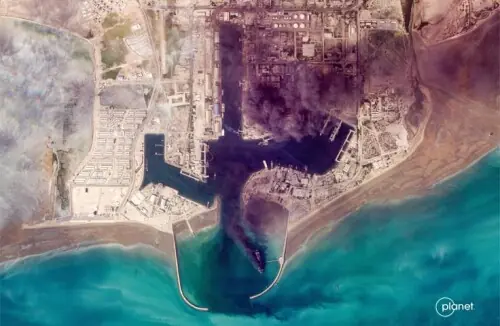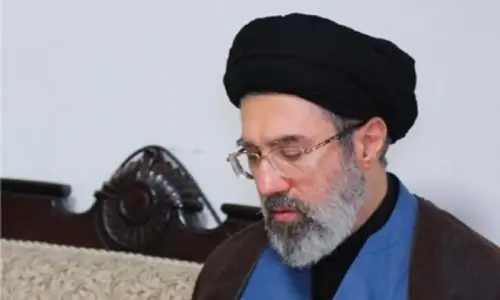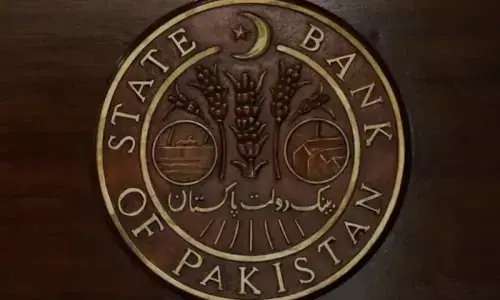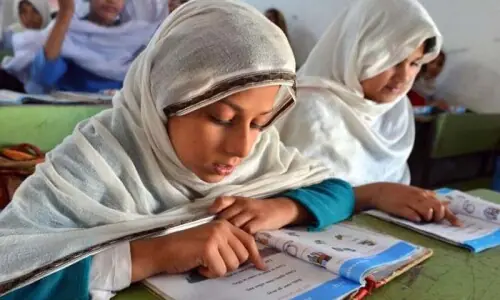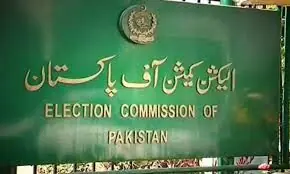NEW DELHI, April 3: The 14th Summit conference of the South Asian Association of Regional Cooperation (Saarc) opened here on Tuesday marking the expansion of the organisation with the formal induction of Afghanistan as its eighth member and inclusion of five other countries as observers.
It is for the first time in its 22-year-old history that the association that groups Bangladesh, Bhutan, India, Maldives, Nepal, Pakistan and Sri Lanka has expanded its membership.
The 13th Saarc Summit in Dhaka in November 2005 had approved Afghanistan’s request for membership.
During the inaugural session at Vigyan Bhavan all Saarc member states welcomed the admission of Afghanistan into the regional grouping as they did the inclusion of China, Japan, South Korea, European Union and the United States as observers.
Prime Minister Shaukat Aziz who is representing Pakistan at the summit declared Afghanistan “a natural and indispensable member” of the Saarc community.
Mr Aziz, who will hold a bilateral meeting with the Afghan president on Wednesday, said: “I am sure that Afghanistan would play its valuable role to enrich and strengthen our organisation.”
The Indian prime minister was of the view that the admission of Afghanistan in Saarc completed South Asia’s regional identity.
India considers Afghanistan a valuable member of the Saarc fraternity and the region’s gateway to Central Asia and beyond.
At the outset of the summit, a Joint Declaration was signed by Afghan President Hamid Karzai and leaders of existing Saarc member states, formalizing Afghanistan’s entry into Saarc.
Indian ruling Congress Party President Mrs Sonia Gandhi also attended the inaugural session at which Bangladesh handed over the Saarc chairmanship to India which is hosting the summit for the third time.
With the signing of the Joint Declaration, Afghanistan becomes a party to all existing Saarc agreements, declarations and legal documents.
President Karzai in his maiden address said Afghanistan’s full membership in Saarc would maximize benefits to people of the whole region and underlined the need for greater economic cooperation within member states.
As a new member, he said he looked up to Saarc for development of his country that had suffered two decades of economic and political isolation.
He specifically mentioned the proposed Turkmenistan-Afghanistan-Pakistan-India gas pipeline project and said it should be a priority.
Mr Karzai also called for an end to extremism and terrorism, saying it impeded progress of the region and was detrimental to its security.
“It is our duty to ban extremism and terrorism in all forms and sources, including political sponsorship and financing,” was his fervent plea.
The issue of terrorism was also raised by the Indian prime minister and Sri Lankan President Mahinda Rajapaksa and they called for bold and effective measures to combat it.
Japanese Foreign Minister Taro Aso announced that his country had contributed an additional $7 million to the ‘Saarc-Japan Special Fund’ for advancing social and cultural exchanges. He also offered support to work with Saarc for improving regional connectivity.
The Chinese foreign minister also spoke on the occasion.
United States was represented by its Assistant Secretary of State for South and Central Asia Richard Boucher.
However, he remained a silent observer and did not speak on the occasion. Only ministerial-level representatives were asked to make a statement.
All the South Asian leaders shared the view that it was time for Saarc to move from rhetoric to action and implementation to realise its enormous potential. The emphasis was on tangible benefits for the people of the region.
Heads of delegations from Bangladesh, Bhutan, Maldives, Nepal and Sri Lanka also made statements after adoption of the agenda. The Saarc secretary-general also addressed the summit.
CAR RALLY: The summit was preceded by a cheerful flagging-off of the Saarc Car Rally by the South Asian leaders outside the Vigyan Bhavan here on Tuesday.
A team from Afghanistan also joined the car rally but it will not go to Afghanistan.
The motto of the car rally is: “Connecting people, strengthening ties” and this was specially mentioned by the Indian prime minister in his inaugural address to make a case for connectivity. “The Saarc rally that we have just flagged off and the popular response that it has evoked are graphic reminders of the potential of connectivity,” he noted.
The rally, being conducted in partnership with the Confederation of Indian Industry, started from Cox’s Bazaar in Bangladesh on March 15, 2007. It reached India after travelling through Bhutan, Nepal and Pakistan. It will now proceed to Sri Lanka and conclude in the Maldives on April 14.

